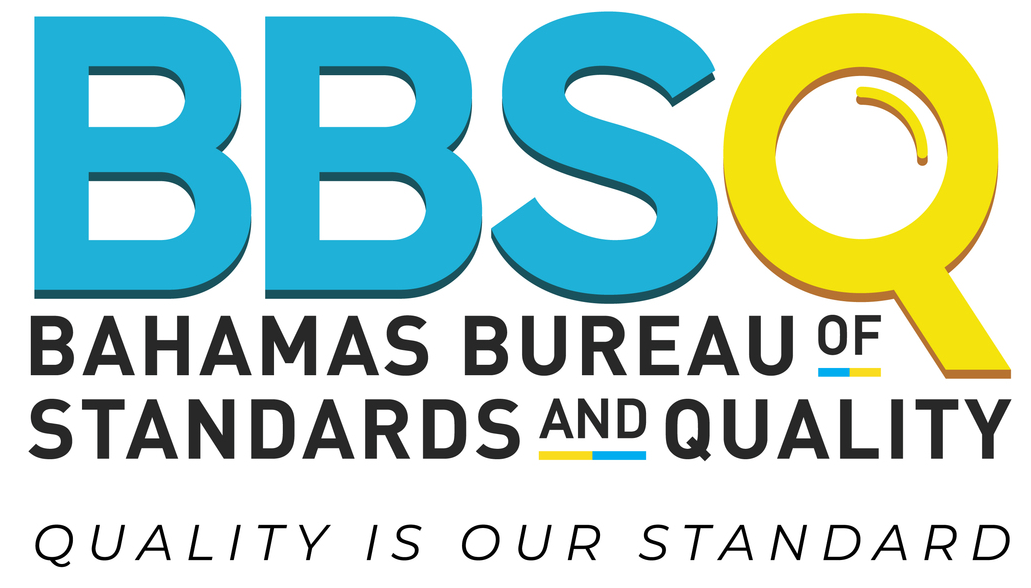This document describes a method for determining the resistance of a cryogenic spill protection (CSP) system to a cryogenic jet as a result of a pressurized release which does not result in immersion conditions. It is applicable where CSP systems are installed on carbon steel and will be in contact with cryogenic fluids.
A cryogenic jet can be formed upon release from process equipment operating at pressure (e.g. some liquefaction processes utilize 40 to 60 bar operating pressure). Due to high pressure discharge, the cryogenic spillage protection can be compromised by the large momentum combined with extreme cryogenic temperature.
Although the test uses liquid nitrogen as the cryogenic liquid, the test described in this document is representative of a release of LNG, through a 20 mm orifice or less, at a release pressure of 6 barg or less, based upon simulated parameters 1 m from the release point. Confidence in this test being representative is based upon a comparison of the expected dynamic pressure of the simulated release in comparison with dynamic pressure from releases in accordance with this document.
It is not practical in this test to cover the whole range of cryogenic process conditions found in real plant conditions; in particular the test does not cover high pressure cryogenic jet releases that might be found in refrigeration circuits and in LNG streams immediately post-liquefaction.
Liquid nitrogen is used as the cryogenic medium due to the ability to safely handle the material at the pressures described in this document. The test condition is run at nominally 8 barg pressure.
ISO 20088-1 covers cryogenic release scenarios which can lead to pooling conditions for steel work protected by cryogenic spill protection as a result of a jet release or low pressure release of LNG or liquid nitrogen. ISO 20088-2 covers vapour phase exposure conditions as a result of a jet release or low pressure release of LNG or liquid nitrogen.
